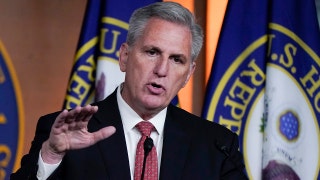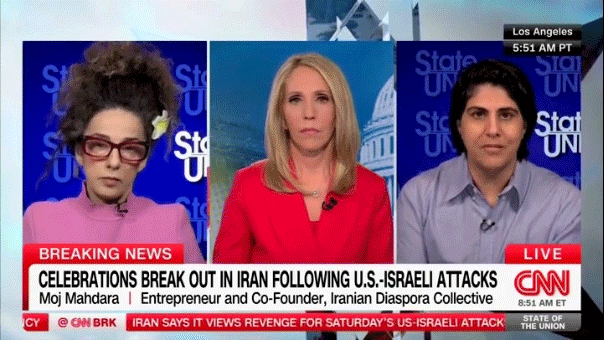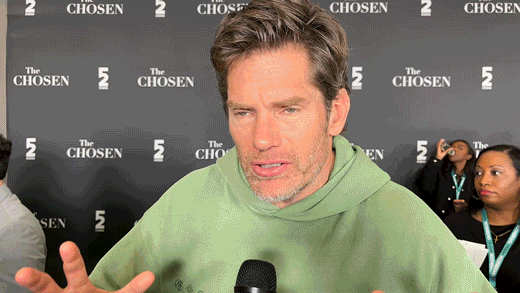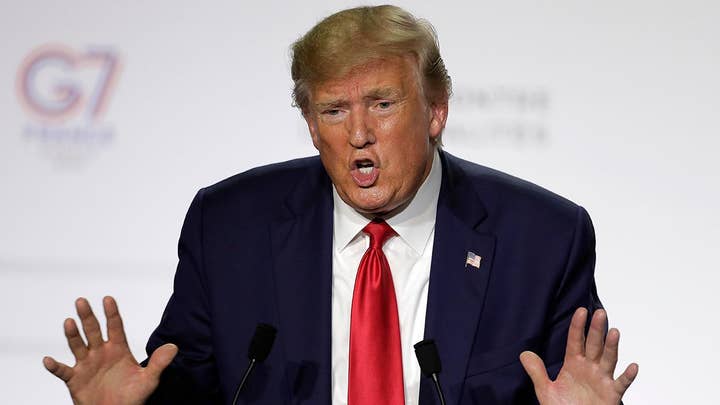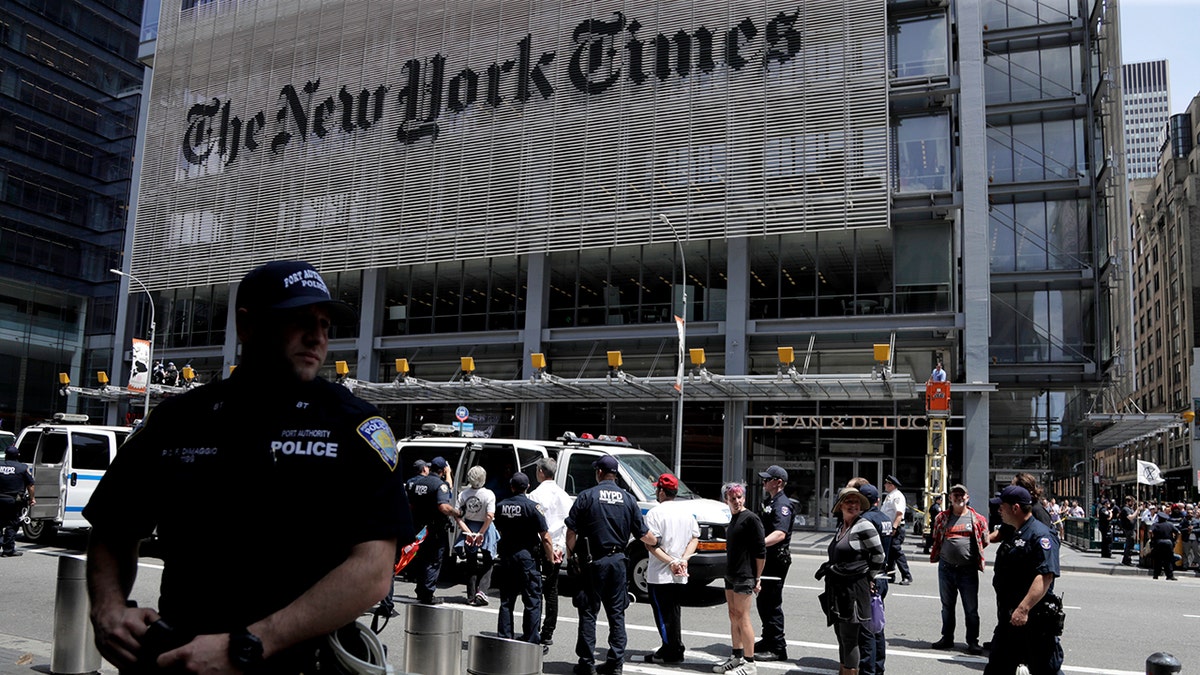
The New York Times says past tweets should be used against politicians, but not journalists. Is this a double standard? (AP Photo/Julio Cortez)
It is, according to the New York Times, a dark effort to undercut legitimate reporting and intimidate journalists.
The article’s essential message is that a loosely affiliated group of Trump supporters is using digital research to bully reporters and editors.
Obviously, I’d be concerned if this group was using private eyes or shadowy methods to uncover personal and private information about those in the news business.
But hold on a minute.
What these Republicans are doing is calling attention to past tweets and other online postings by journalists at major news outlets. In other words, these are comments that the journalists made for public consumption, broadcasting them to the world.
SUBSCRIBE TO HOWIE'S MEDIA BUZZMETER PODCAST, A RIFF OF THE DAY'S HOTTEST STORIES
Not only that, these are exactly the techniques that some media outlets have long used against politicians and political operatives. So is there a double standard?
Here’s the Times’ justification:
“Using journalistic techniques to target journalists and news organizations as retribution for — or as a warning not to pursue — coverage critical of the president is fundamentally different from the well-established role of the news media in scrutinizing people in positions of power.”
Hmm. That sure sounds like it’s okay when we do it, but not when they do it. That it’s legit to scrutinize people in power, but not those doing the scrutinizing.
Times Publisher A.G. Sulzberger is quoted as saying: “They are seeking to harass and embarrass anyone affiliated with the leading news organizations that are asking tough questions and bringing uncomfortable truths to light. The goal of this campaign is clearly to intimidate journalists from doing their job, which includes serving as a check on power and exposing wrongdoing when it occurs. The Times will not be intimidated or silenced.”
Okay, but a Times headline refers to digging up "dirt" on journalists. Are someone's own public tweets really dirt?
The story focuses in part on Arthur Schwartz, a conservative political consultant and an adviser to Donald Trump Jr. Schwartz has no formal role, but seems to be highlighted because of his relationship with the president’s son and for his aggressive Twitter feed, which often calls out the press for its POTUS coverage.
The Times piece could be viewed as a response to the group’s move against a senior Times political editor, Tom Wright-Piersanti, over blatantly anti-Semitic tweets.
One of them said: “I was going to say ‘Crappy Jew Year,’ but one of my resolutions is to be less anti-Semitic. So… HAPPY Jew Year. You Jews.”
And about a vehicle with a Hannukah menorah on the roof, he wrote: “Who called the Jew-police?”
In the piece, Wright-Piersanti apologized for what he called “lame attempts at edgy humor” a decade ago.
“They’re not funny, they’re clearly offensive…I feel deep shame for them, and I am truly, honestly sorry that I wrote these.”
And the Times has acknowledged it's looking into the tweets as “a clear violation of our standards.”
So was it unfair to to publicize these? Would the Times have hesitated to publish the exact same tweets from a Trump White House official?
The paper complains that Breitbart and other right-wing outlets picked up the story, as if left-leaning outlets don’t have their own informal network.
Jeremy Peters, co-author of the article, said on “Morning Joe”: “They’ve tried to pull embarrassing things, find unflattering things in the social media histories of these journalists…when they want to retaliate against an outlet for publishing a story that is unflattering to the president.”
The Times also cites the case of a CNN photo editor, Mohammed Elshamy. Schwartz last month surfaced tweets from 2011 in which he said: “More than 4 jewish pigs killed in #Jerusalem today by the Palestinian bomb explode.”
How disgusting is that?
He also tweeted that year: “Israel is the main enemy for the people of Egypt and shall always remain despite rulers who lick Jewish legs.”
Elshamy quit, and CNN said it accepted his resignation due to his “anti-Semitic statements.”
The Times story, which suggests Elshamy was a political victim, doesn’t mention his “Jewish pigs” or other tweets. Nor does the paper quote its own editor’s tweets, such as “Crappy Jew Year.”
What gives me pause is this whole spiraling “gotcha” game when the online postings are years old and the person in question was relatively young. This is a weapon that the left and right have wielded to damage voices on the other side, sometimes leading to suspension or firing.
But to say that journalists should be protected from their own public words, when such words are routinely used against those in the political world, strikes me as rather self-serving.



